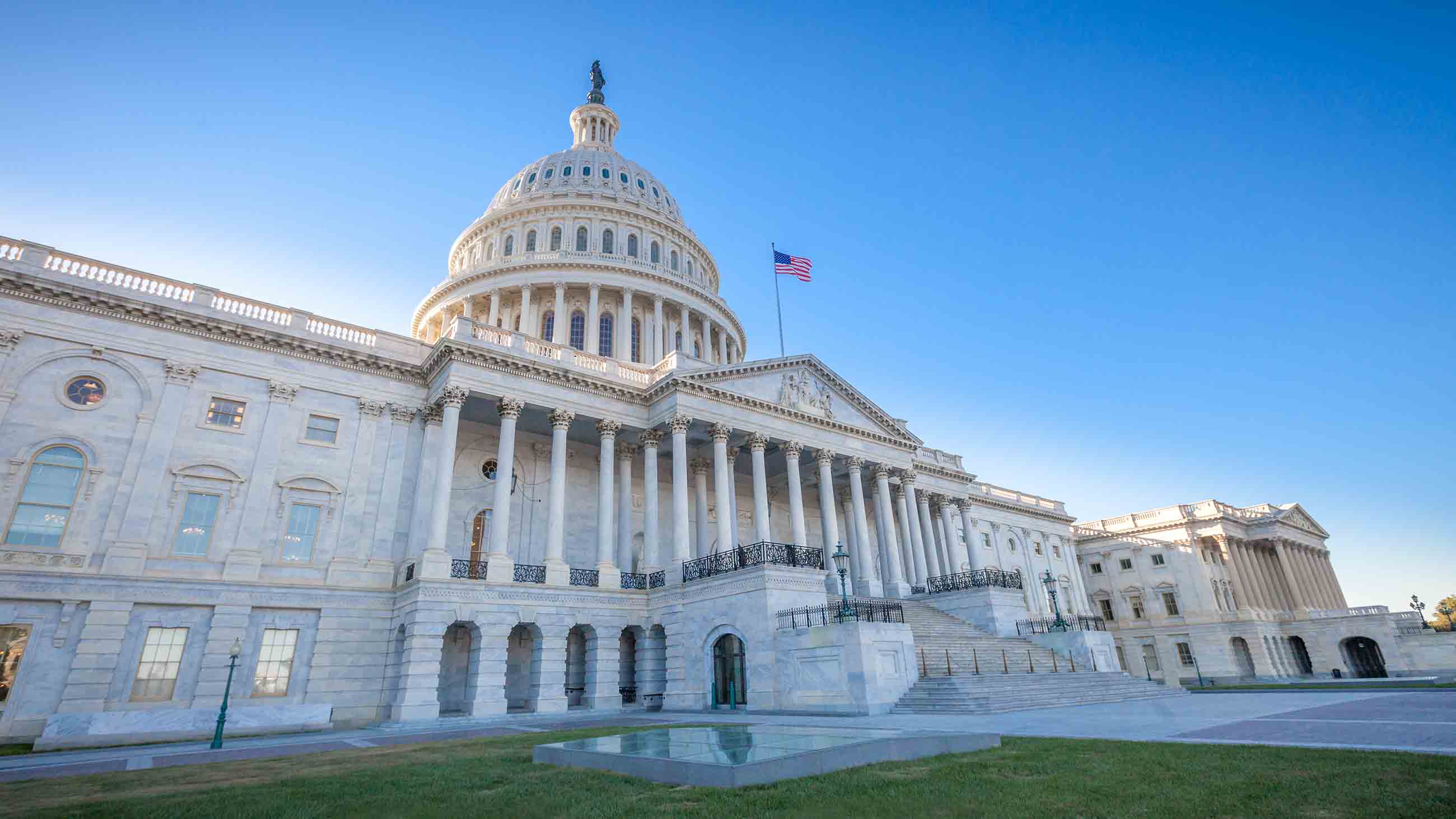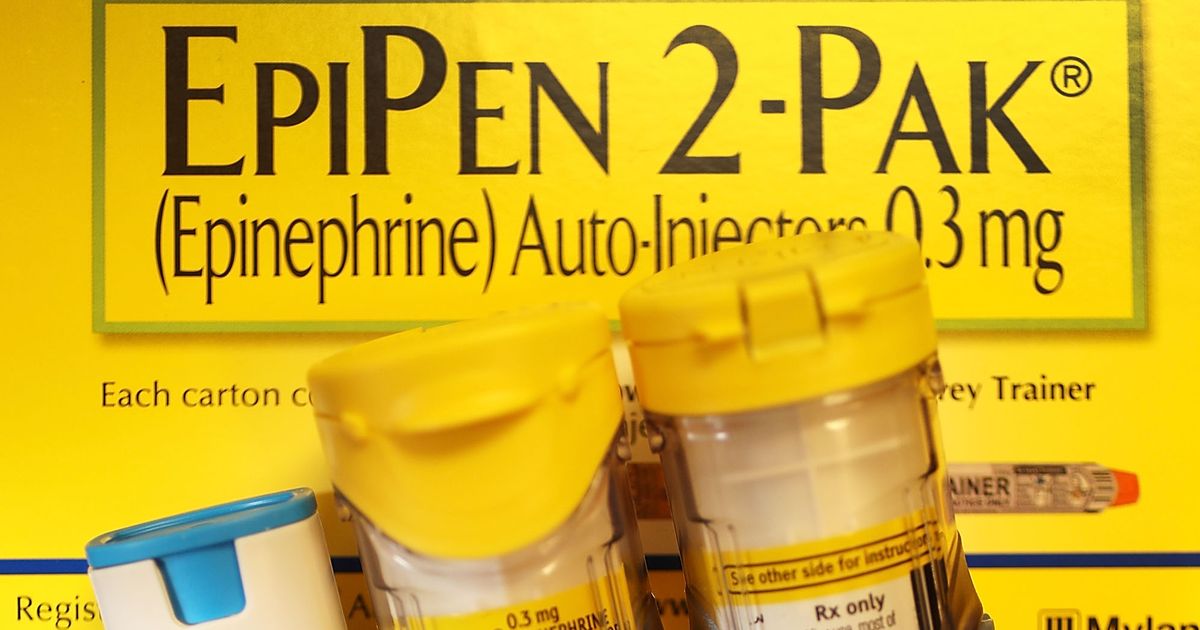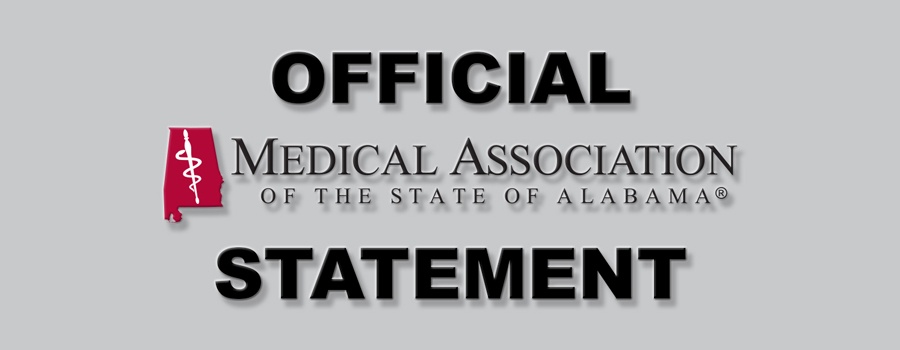Category: Advocacy
-

Medical Association’s 2018 State and Federal Agendas
The Medical Association Board of Censors has met and approved the Association’s 2018 State and Federal Agendas. These agendas were developed with guidance from the House of Delegates and input from individual physicians. As the Alabama Legislature and U.S. Congress begin their work for 2018, additional items affecting physicians, medical practices and patients may be…
-

Legislative Update: What Happened This Week in Washington…
From President Trump’s new tax plan to renewed funding for the Children’s Health Insurance Program to former President Obama’s Independent Payment Advisory Board, health care has been at the center of a lot of discussions this week on Capitol Hill. Vote Expected Today for CHIP — The House is expected to vote today to pass…
-

Judge Rejects Bid to Revive ACA Subsidies
A federal judge has denied several states’ attempt to compel the Trump administration to continue paying cost-sharing reduction payments. Attorney generals from 18 states and the District of Columbia had filed a motion in the U.S. District Court seeking a temporary injunction that would reinstate the payments, which the administration decided to end earlier this…
-

Pres. Trump’s Executive Order Creates Confusion
Earlier this week, President Trump signed an executive order that could be a first step in dismantling the Affordable Care Act. About 20 health organizations have so far spoken out against the executive order arguing the action could weaken patient protections and destabilize the individual market. President Trump’s executive order signed on Thursday, Oct. 12,…
-

Association Voices Concern with MOC in Letter to ABMS
Earlier this year, the Association’s House of Delegates passed a resolution formally opposing additional Maintenance of Certification requirements as dictated by the American Board of Medical Specialties and the American Osteopathic Association. While it was agreed that the need for continuing medical education to improve the quality of care, the expense and clinically irrelevant process…
-

Mylan Finalizes Settlement Agreement on Medicaid Rebate Classification for EpiPen® Auto-Injector
The Centers for Medicare & Medicaid Services announced an agreement with Mylan regarding the classification of EpiPen in which Mylan will reclassify EpiPen as a brand name drug consistent with the Medicaid statute and regulations. In addition, Mylan has agreed to use the correct reference price of the 3rd quarter of 1990 for the purpose…
-

Medical Association Joins 132 Medical Groups to Oppose H.R. 2276
The inclusion of audiologists in Medicare’s definition of “physician” will create confusion. In May, legislation (H.R. 2276) was reintroduced in the U.S. House of Representatives that would inappropriately provide audiologists with unlimited direct access to Medicare patients without a physician referral and amend Title XVIII of the Social Security Act to include audiologists in the…
-

The Medical Association Supports Replacement of ACA with Workable Health Care System
The Medical Association released its 2017 Legislative Agendas earlier this year, which were developed with guidance from the House of Delegates and great contribution from our physician members who participated in the 2017 Legislative Agenda Survey. The Medical Association has continued to express support for the repeal of the Affordable Care Act and its replacement…
-

Congress Squares Off Over Drug Pricing and a Controversial Drug Discount Program
House Democrats are calling foul on Republican assertions that cuts to a little-known discount drug program will eventually reduce skyrocketing drug prices. At a hearing Tuesday, Rep. Diana DeGette (D-Colo.) said high drug prices should be investigated separately from the focus on oversight of the drug discount program, known as 340B. “I think we need…
-

AMA Adopts Policy Aimed to Bolster Transparency of Prescription Costs
CHICAGO – As prescription drug prices have spiked – often without reason – the American Medical Association has advocated for more transparency in pricing to protect patients. At its Annual Meeting, the AMA adopted several policies, including policies on direct-to-consumer ads and naloxone pricing that aim to give patients more information about drugs prescribed to…